7 Ways Industrial Epoxy Floorings Can Protect Your Equipment and Machinery
Industrial environments are busy and demanding, with floors constantly subjected to wear and tear from heavy machinery, forklifts, foot traffic, and accidental spills. A strong, durable flooring solution does more than just protect the surface—it also safeguards the valuable equipment that operates on it, keeping your operations running smoothly and reducing costly downtime. One of the most effective ways to achieve this level of protection is with industrial epoxy floorings. These floors offer a unique combination of strength, chemical resistance, and long-term durability that traditional concrete simply cannot match. Beyond withstanding heavy loads, epoxy floors resist impacts, chemical spills, and moisture, making them ideal for high-traffic, high-risk industrial settings. In the sections below, we’ll explore seven ways industrial epoxy floorings can protect both your facility and the machinery that keeps it running efficiently.
1. Boosting Strength and Load Capacity
Industrial epoxy floorings are engineered to handle heavy loads with ease. In industrial settings, floors are constantly bearing the weight of forklifts, trucks, and large machinery. Traditional concrete can crack or chip under repeated pressure, leading to costly repairs and operational downtime. Epoxy distributes weight evenly across the surface, preventing localized stress points that can damage the floor. This even weight distribution is particularly crucial in warehouses, manufacturing plants, and distribution centers, where uninterrupted operations are key to productivity. By reducing the risk of floor damage, epoxy ensures that heavy equipment can move safely without compromising the integrity of your facility.
Moreover, epoxy floors don’t just resist weight—they last. According to BobVila.com, epoxy flooring typically lasts between 10 and 20 years with proper maintenance. That means your investment in industrial epoxy floorings pays off over the long term, reducing replacement costs and protecting the foundation your machinery relies on. Choosing epoxy also ensures fewer disruptions during peak operations, allowing industries to maintain productivity and protect both equipment and employees from potential hazards associated with cracked or uneven floors.
2. Chemical Resistance
Industrial operations often involve chemicals, oils, solvents, and cleaning agents that can damage unprotected floors and machinery. Industrial epoxy floorings act as a barrier, preventing these substances from seeping into concrete or affecting nearby equipment. This chemical resistance is essential for facilities like chemical plants, food processing areas, and pharmaceutical warehouses, where even minor spills can lead to costly damage or safety hazards. Epoxy’s non-porous surface ensures liquids remain on the surface, making cleanup fast, easy, and safe.
Beyond protecting floors and machinery, chemical-resistant epoxy floors contribute to workplace safety. When spills are contained and easy to clean, employees can move around safely without risk of slips or exposure to harmful substances. Additionally, fewer chemicals infiltrating the floor prevents long-term degradation that could compromise structural integrity. Investing in epoxy floorings means you’re creating a safer environment for both personnel and machinery, minimizing potential downtime, and preserving the operational efficiency that keeps your facility running smoothly.
3. Absorbing Impact and Vibrations
In active industrial environments, floors face constant impacts from dropped tools, shifting equipment, and moving vehicles. These forces can damage the floor and the machinery on or near it. Industrial epoxy floorings provide a resilient, shock-absorbing surface that cushions impacts and reduces vibrations. This cushioning effect prevents minor incidents from escalating into costly repairs or operational disruptions. Machinery that sits on epoxy floors is also less susceptible to wear and tear caused by vibrations, helping maintain accuracy and longevity of expensive equipment.
Epoxy floors also improve workplace safety by reducing hazards associated with floor damage, such as cracks, chips, or uneven surfaces. Vibrations from heavy machinery can loosen equipment or cause misalignment over time. By mitigating these vibrations, epoxy floorings support smoother, more reliable equipment operation. This protection is not just about extending floor life—it’s about ensuring your entire facility runs efficiently, minimizing downtime, and saving your business from unnecessary repair costs.
4. Moisture and Waterproofing Protection
Moisture is a silent enemy in industrial settings. Humidity, water spills, or leaks can damage flooring and lead to rust, corrosion, or even electrical hazards affecting nearby equipment. Industrial epoxy floorings create a seamless, waterproof barrier that prevents moisture from penetrating the surface. This protection ensures machinery remains dry and safe, even in wet or humid environments, making epoxy an ideal choice for industries that require strict cleanliness and safety standards.
Water-resistant epoxy also improves overall safety by preventing slip hazards associated with wet floors. Facilities can even add slip-resistant textures to the epoxy surface, ensuring employees stay secure while moving around the workspace. Additionally, by keeping moisture away from machinery and sensitive electronics, epoxy floorings extend equipment life and reduce the likelihood of costly replacements. This durability allows businesses to focus on operations rather than constant maintenance or emergency repairs.
5. Thermal Shock Resistance
Industrial facilities often experience extreme temperature fluctuations due to equipment, HVAC systems, or seasonal changes. Conventional floors can crack or warp under these conditions, potentially affecting the stability of machinery and operational safety. Industrial epoxy floorings are built to withstand thermal shock, maintaining their structural integrity despite heat or cold. This resistance prevents flooring damage while ensuring equipment stays level and stable, which is critical for precision machinery and production lines.
Temperature consistency is vital in industries requiring accurate calibrations. Epoxy’s ability to maintain a stable surface helps preserve machinery alignment and prevents errors caused by thermal expansion or contraction. By investing in epoxy floorings, companies can avoid costly downtime and repairs while maintaining smooth, uninterrupted operations. The thermal resilience of epoxy makes it a versatile solution for facilities that face environmental stressors, protecting both infrastructure and equipment over time.
6. Safety and Compliance Benefits
Workplace safety is a priority in any industrial environment. Industrial epoxy floorings can be tailored with non-slip surfaces and enhanced durability, reducing the risk of slips, trips, and falls. Facilities with epoxy floors often experience fewer accidents, which protects employees and minimizes potential liabilities. Beyond safety, epoxy flooring helps businesses comply with strict industrial safety regulations. Its chemical resistance, durability, and non-porous nature meet standards that many industries must adhere to, making compliance easier and less stressful.
Additionally, epoxy floors contribute to a cleaner workspace. Their smooth, non-porous surface allows quick and efficient cleaning, which supports hygiene protocols in food, pharmaceutical, and chemical facilities. This reduces labor costs while maintaining a safe and compliant environment. Choosing epoxy floorings is not just about flooring—it’s a comprehensive safety solution that protects employees, maintains regulatory compliance, and enhances operational efficiency.
7. Lower Maintenance and Long-Term Savings
One of the most compelling advantages of industrial epoxy floorings is the long-term savings they offer. With their resistance to chemicals, moisture, impacts, and heavy loads, epoxy floors require minimal maintenance compared to traditional surfaces. This means fewer repairs, less downtime, and reduced operational interruptions. Facilities can reinvest time and resources into production rather than floor repairs.
The durability of epoxy floors also extends to the machinery they support. By providing a smooth, stable foundation, equiFpment is less prone to vibration-related damage, misalignment, or rust from moisture. Over time, this translates into substantial savings on both flooring and machinery maintenance, while reducing unexpected downtime and improving overall workplace safety. Investing in industrial epoxy floorings is a smart, forward-thinking decision that maximizes productivity, minimizes costs, and protects your facility’s most valuable assets for years to come. Don’t wait—upgrade your industrial space today with Elite Crete Systems Florida.






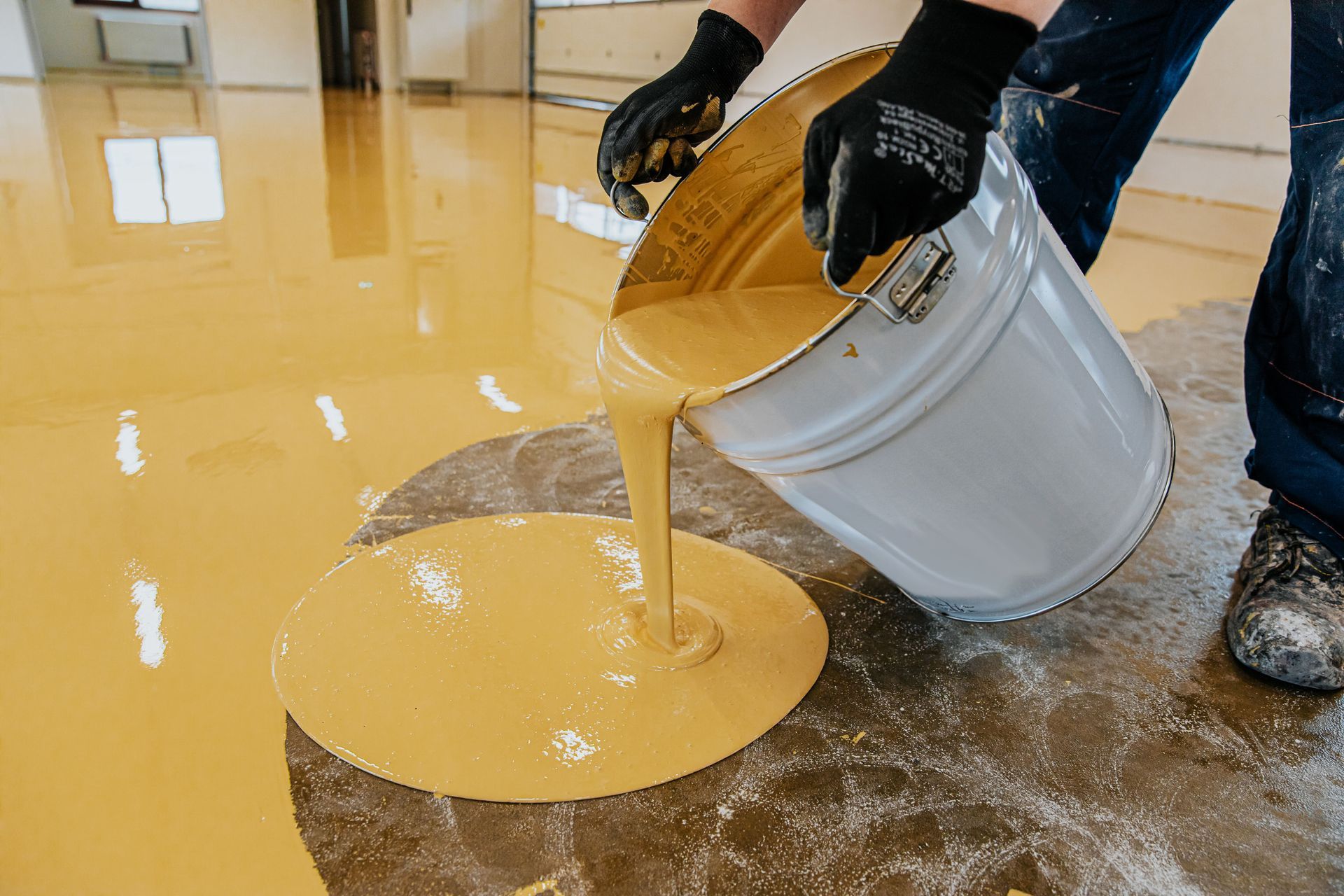
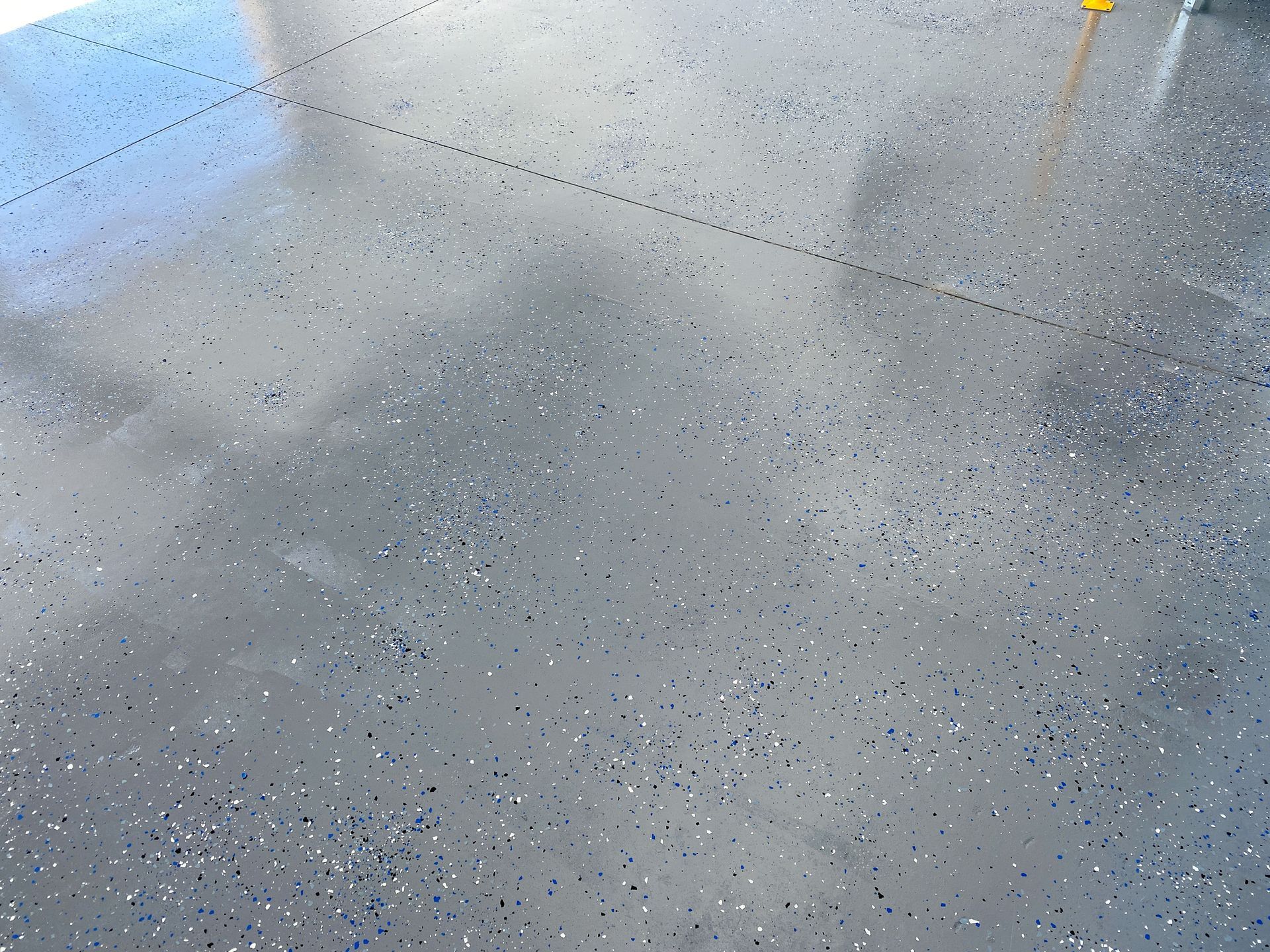
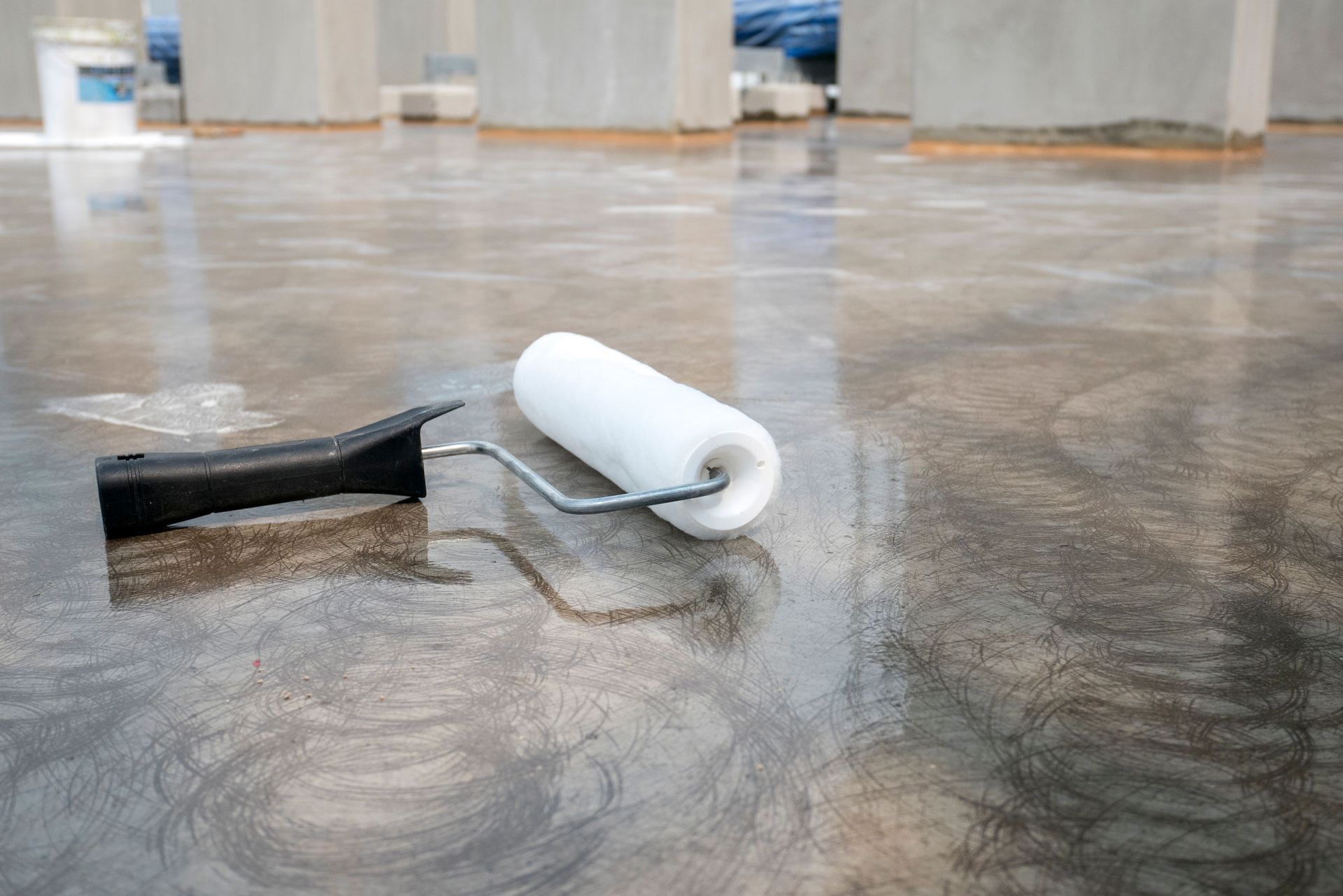
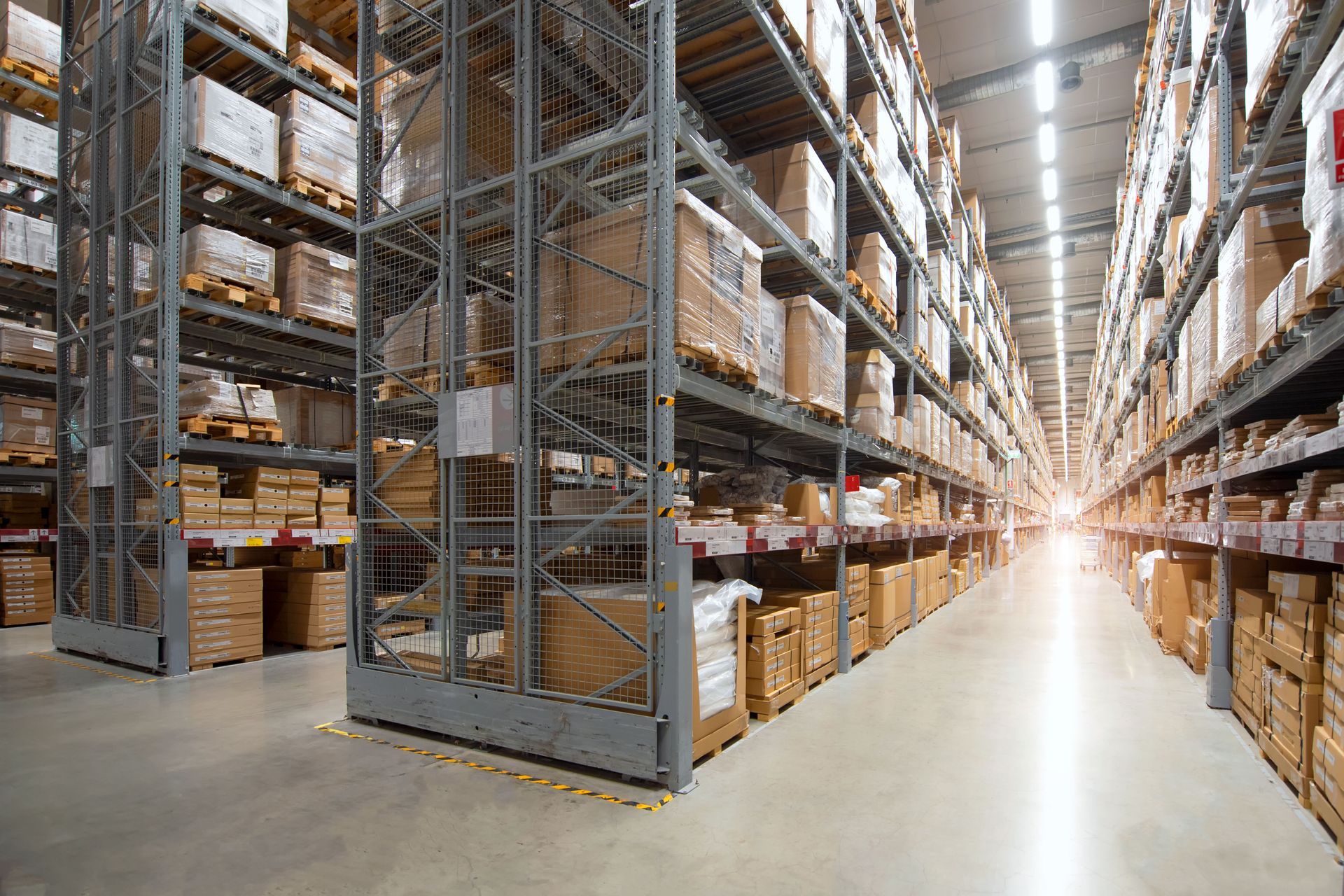
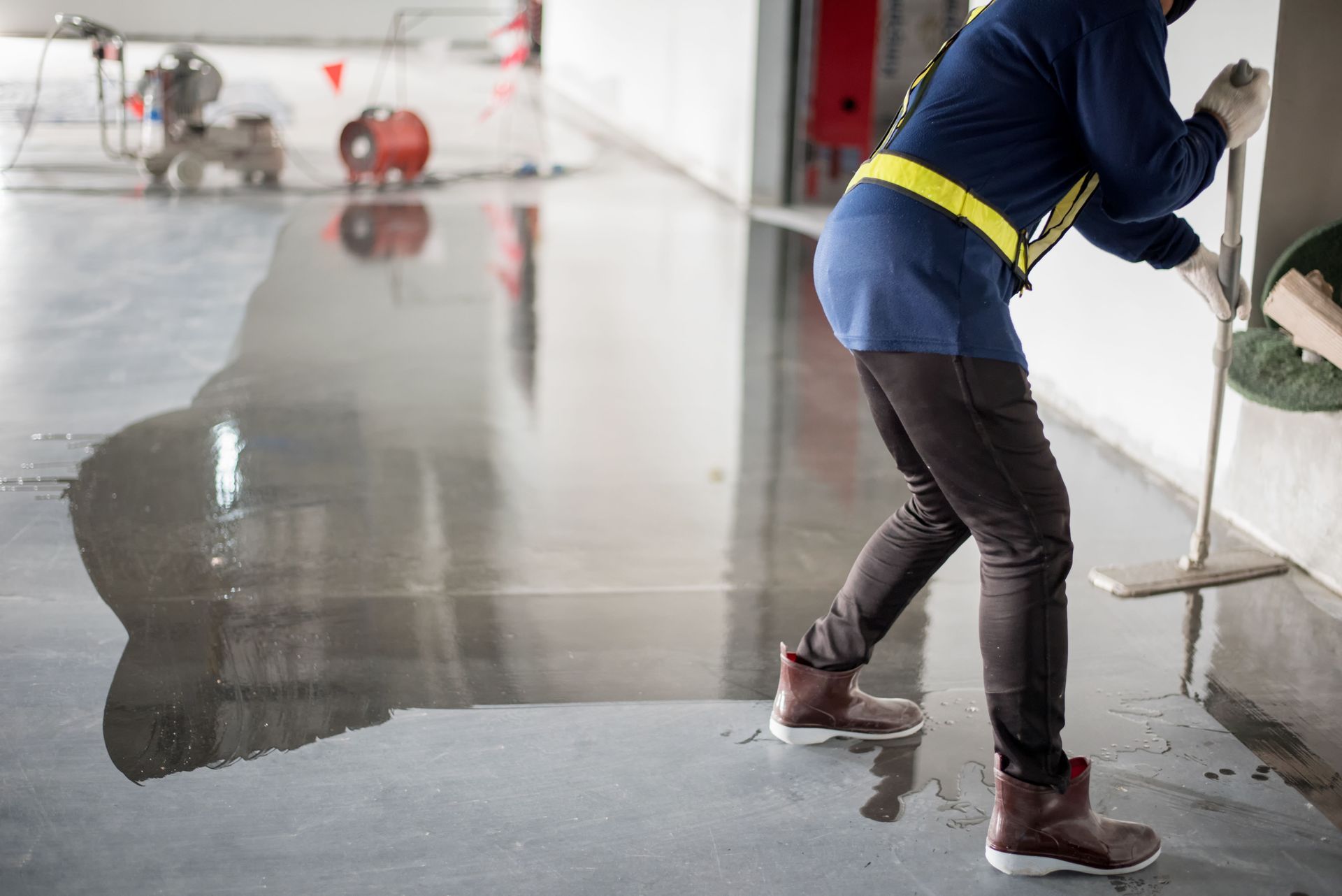
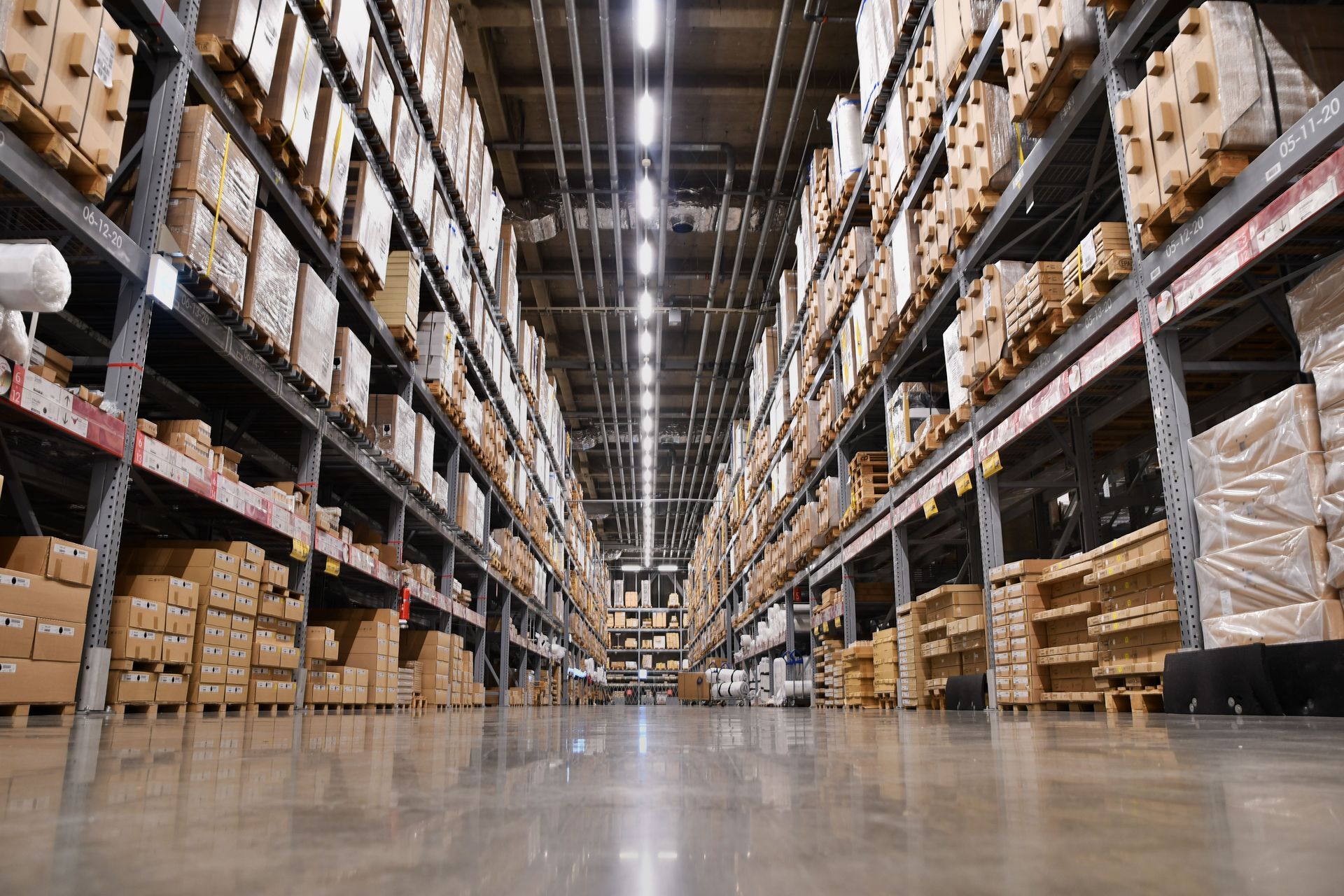
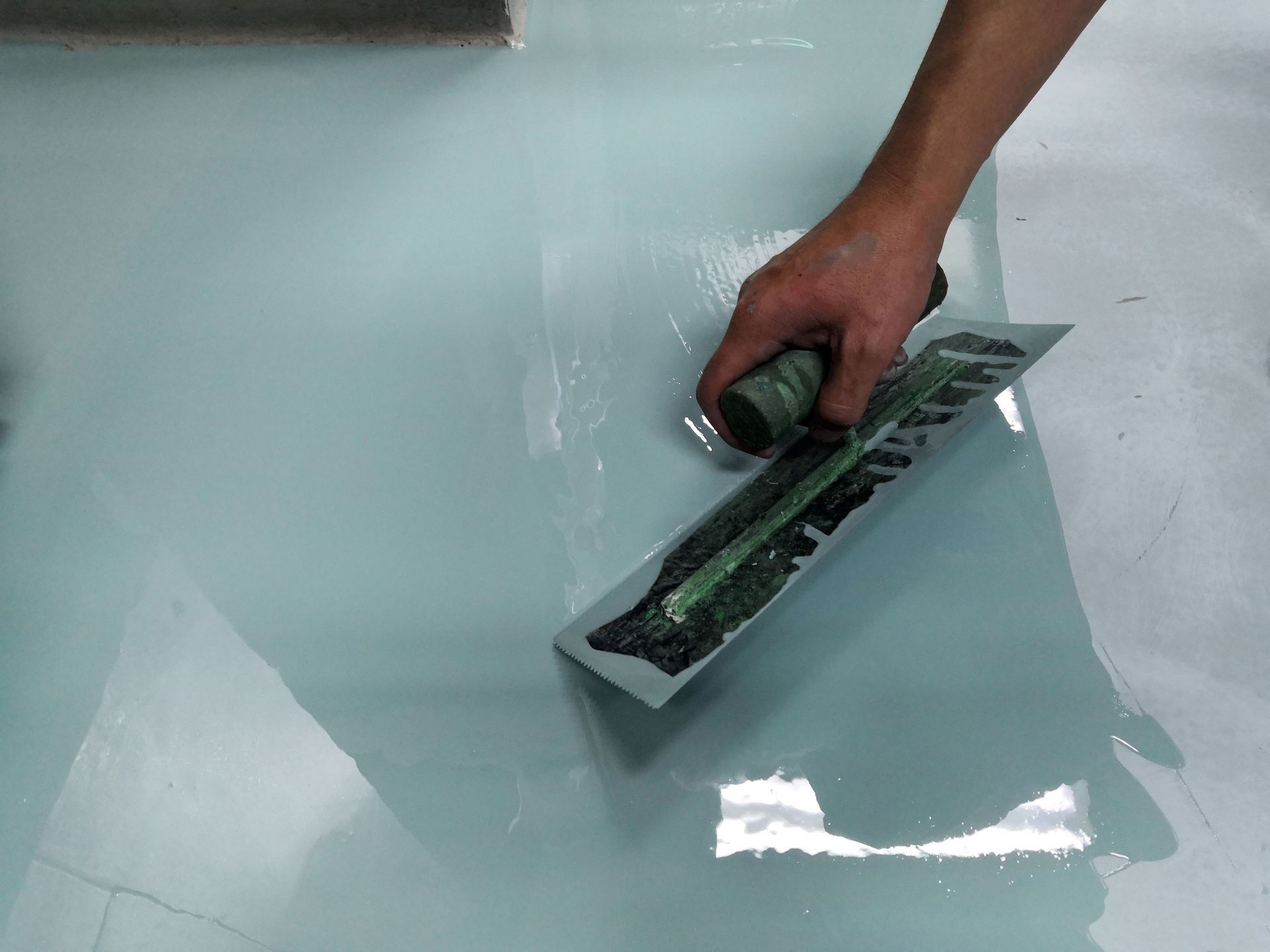
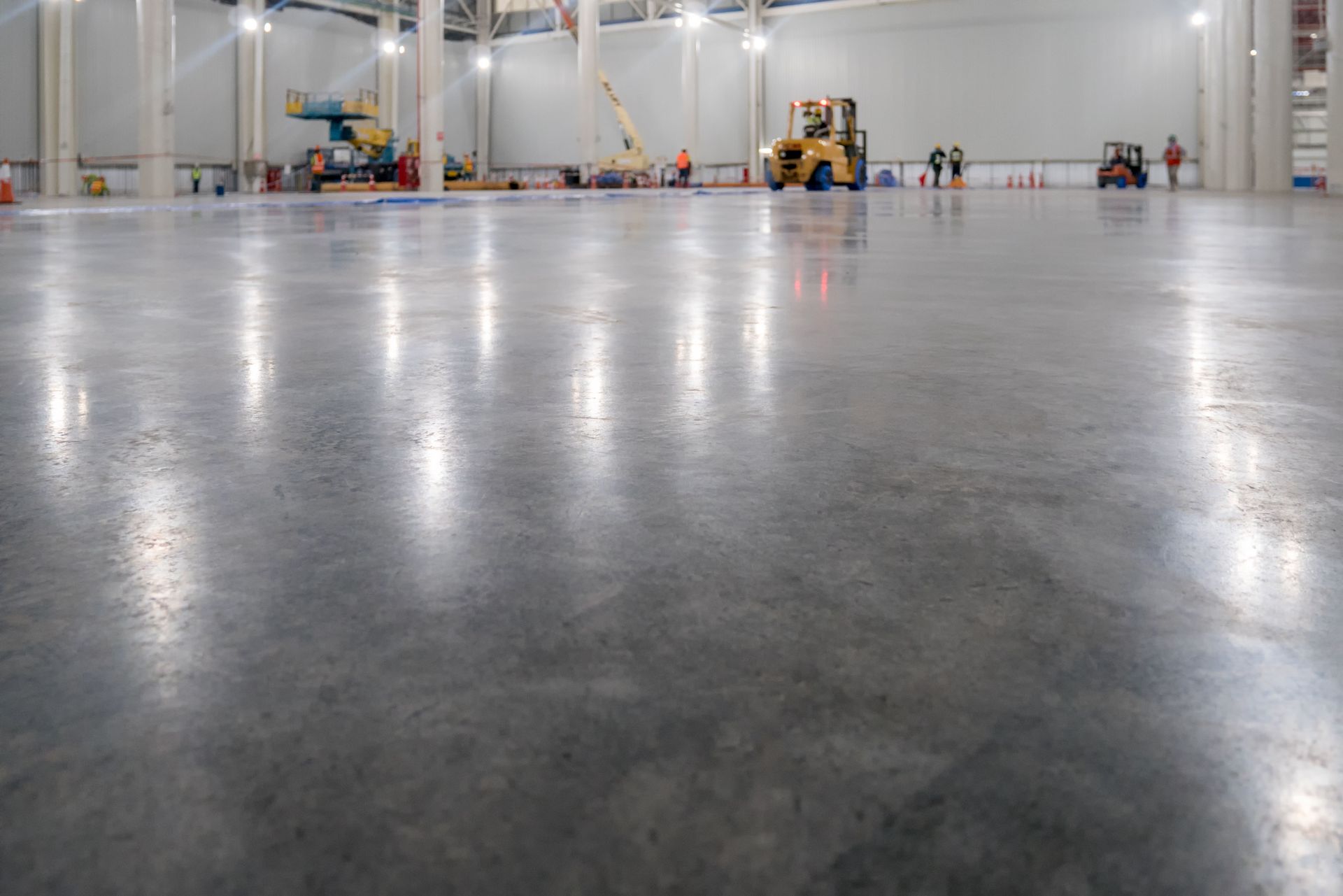
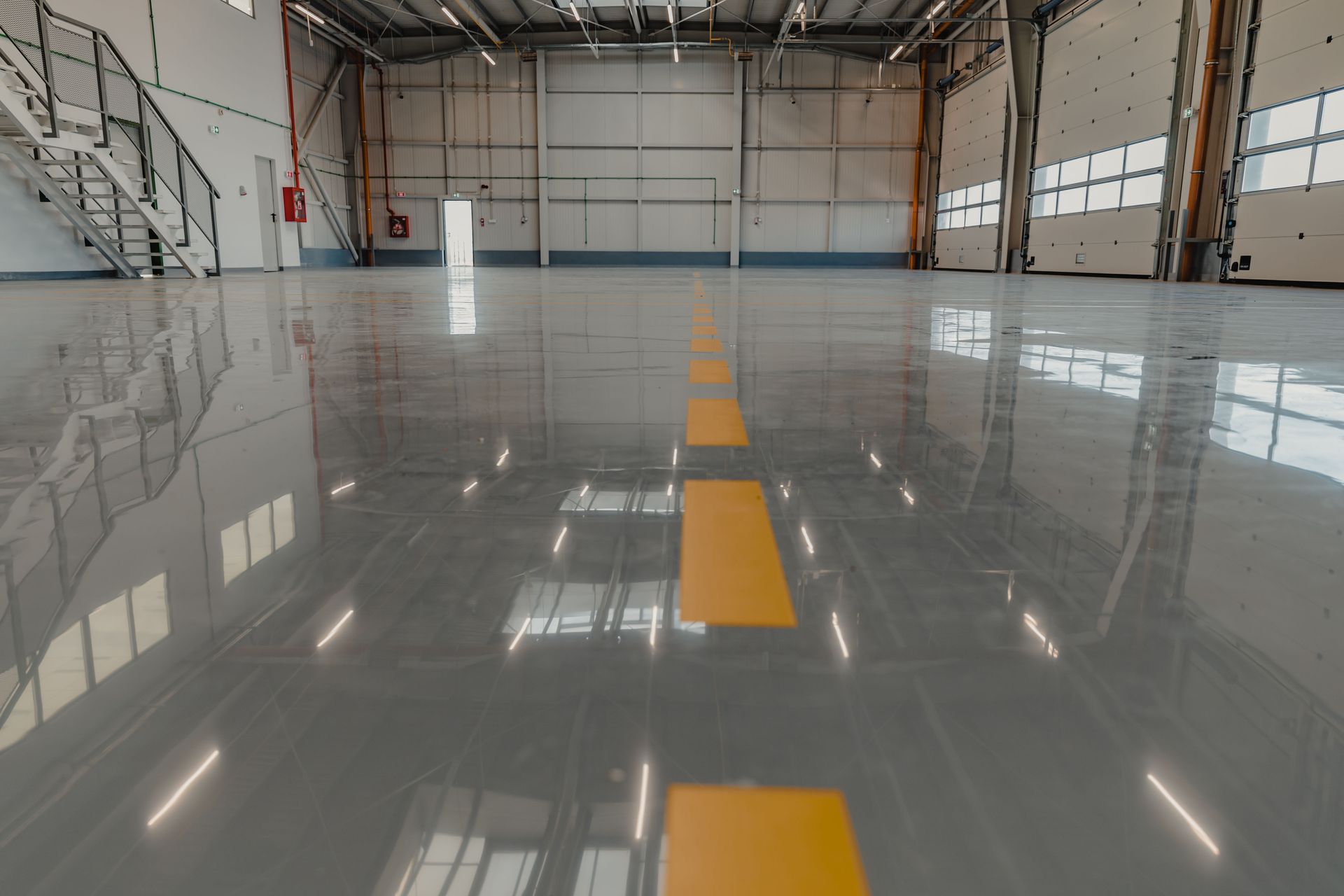
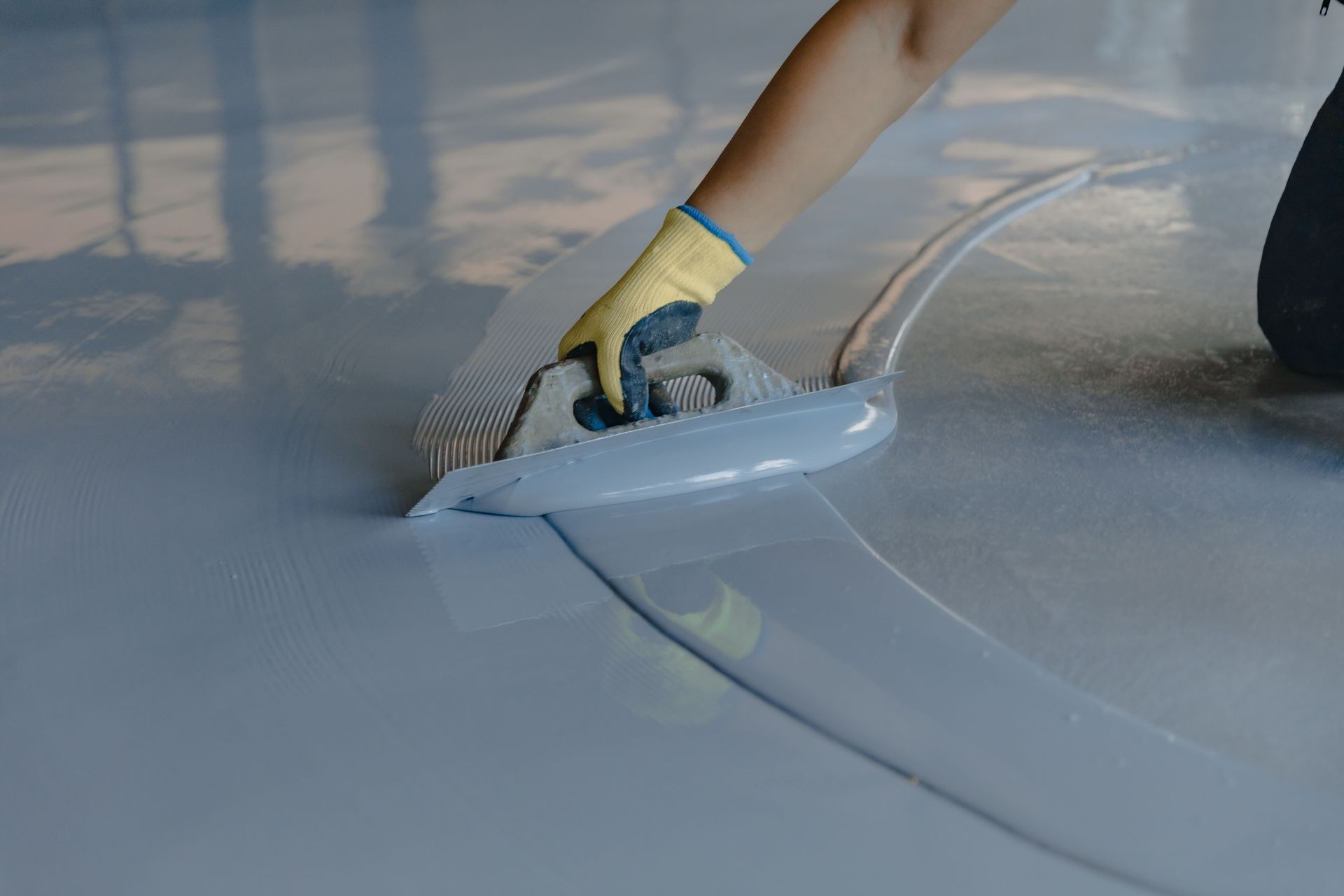
Share On: